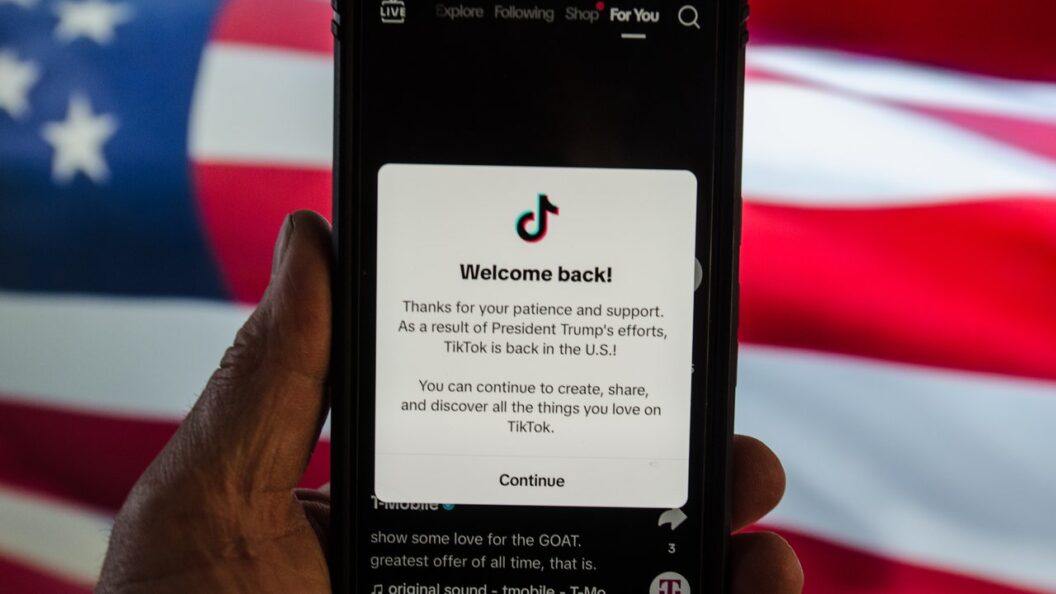Supreme Court Upheld TikTok Ban Amid National Security Concerns
On January 17, 2024, the Supreme Court of the United States rendered a unanimous decision to uphold a federal law poised to ban TikTok unless its Chinese parent company, ByteDance Ltd., agrees to a sale by January 19. Following the ruling, the app became temporarily inaccessible to U.S. users, with major app stores removing TikTok from their platforms. However, the app was restored shortly thereafter, following statements from President-elect Donald J. Trump indicating plans to delay the ban by executive order.
Legislative Background and Enforcement
The federal law, enacted amid escalating national security concerns, assigned the sitting president the authority to extend the enforcement period by 90 days if "significant progress" toward a sale is evident. Despite repeated offers from potential investors, ByteDance has maintained its position that it will not divest from TikTok. As part of the discussions, Trump proposed a structure where the U.S. would hold a 50% ownership stake in a joint venture surrounding the app, asserting the need to protect national security. The remarks raised questions about potential government involvement in the app, which he claimed would ensure TikTok remains in "good hands."
This decision from the Supreme Court underscores the tension between national security and First Amendment rights, as concerns over TikTok’s data practices have come to the forefront. The law’s passing was marked by a bipartisan congressional majority, and President Joe Biden, who signed it into law, stated he would not enforce it immediately upon taking office.
Historical Context
The case surrounding TikTok is not new; Trump previously attempted to ban the app during his presidency, utilizing executive orders to do so. The prior administration’s initiatives were challenged in court when TikTok filed a lawsuit, contending that the attempts to ban the app infringed upon free speech rights. Upon assuming office, Biden revoked the previous ban but ordered an investigation into TikTok’s security implications. Notably, revelations emerged in 2022 that certain ByteDance employees in China had access to private U.S. user data, intensifying scrutiny on the platform.
In April 2024, amid ongoing security concerns, Biden signed a bipartisan bill compelling ByteDance to divest its controlling interest in TikTok or face a ban. TikTok responded with a lawsuit, characterizing the law as a significant violation of free speech rights. However, the court ultimately sided with Congress, citing justified concerns about TikTok’s data collection practices and its ties to a foreign adversary.
Continued Developments
Since the most recent Supreme Court ruling, TikTok’s temporary suspension was met with mixed reactions. Some users voiced frustration while others expressed relief at the swift reinstatement of the service. The fast-evolving landscape of social media regulation, especially concerning foreign ownership, has become critical as officials grapple with digital privacy and security.
Trump’s announcement on Truth Social, which included a promise of an executive order to maintain TikTok’s operation until a suitable deal is reached, adds a complex layer to an already convoluted situation. Remarks such as, “Without U.S. approval, there is no TikTok,” suggest an increasing focus on the U.S. government’s role in the app’s governance.
As discussions continue, the TikTok saga illustrates a broader tension between national security and free access to digital platforms. The implications of these actions are likely to reshape not only the future of TikTok but also set precedents for how foreign-owned tech companies operate within the U.S.
In the lengthy discourse surrounding TikTok, one underlying theme remains evident: balancing security needs with constitutional rights is a challenging endeavor that is now more critical than ever in an increasingly connected world. With millions of users and substantial financial stakes, how this situation unfolds will significantly impact both the music industry and the broader digital landscape as stakeholders look ahead.









